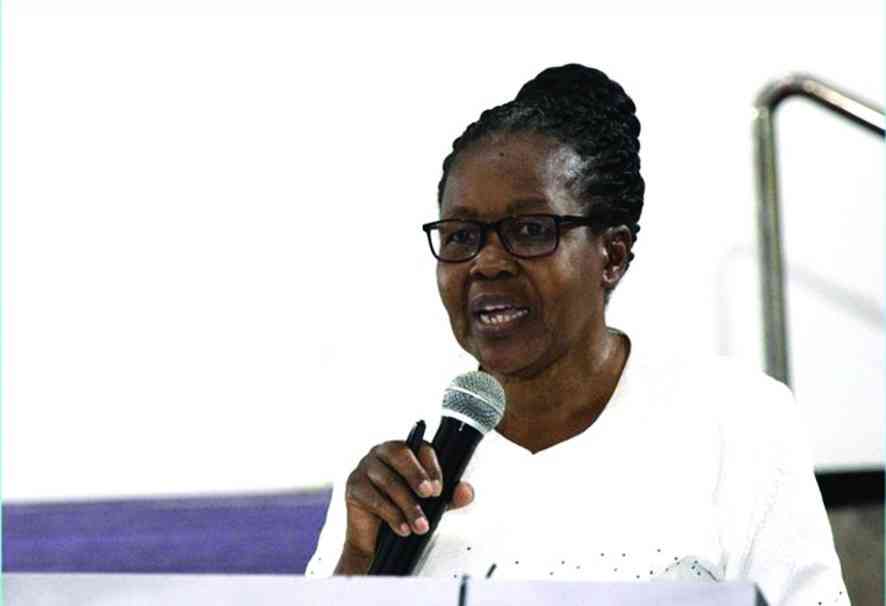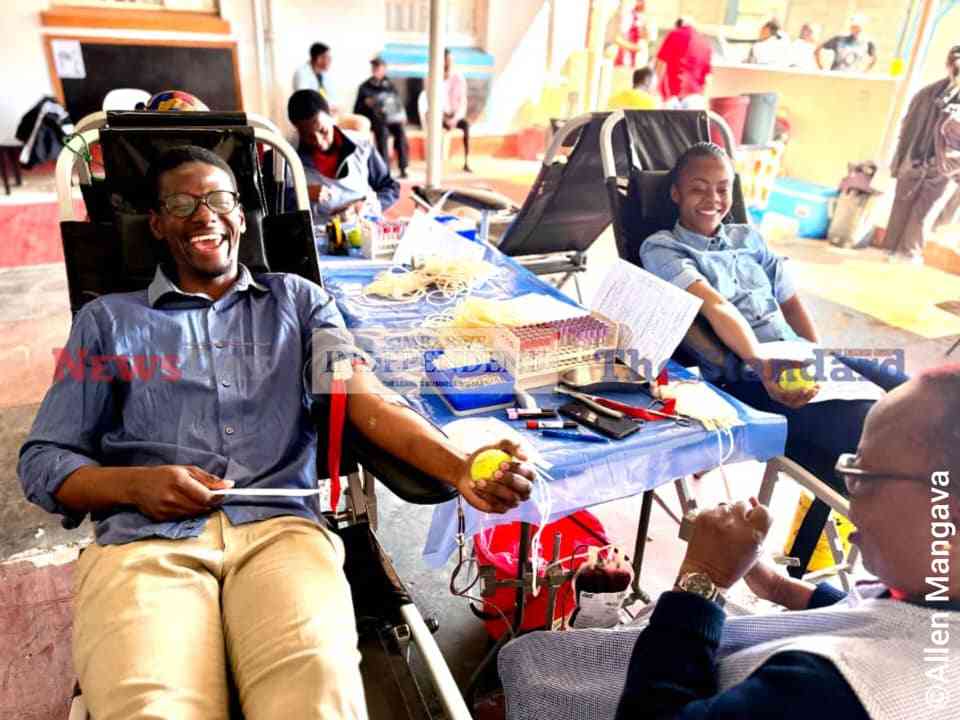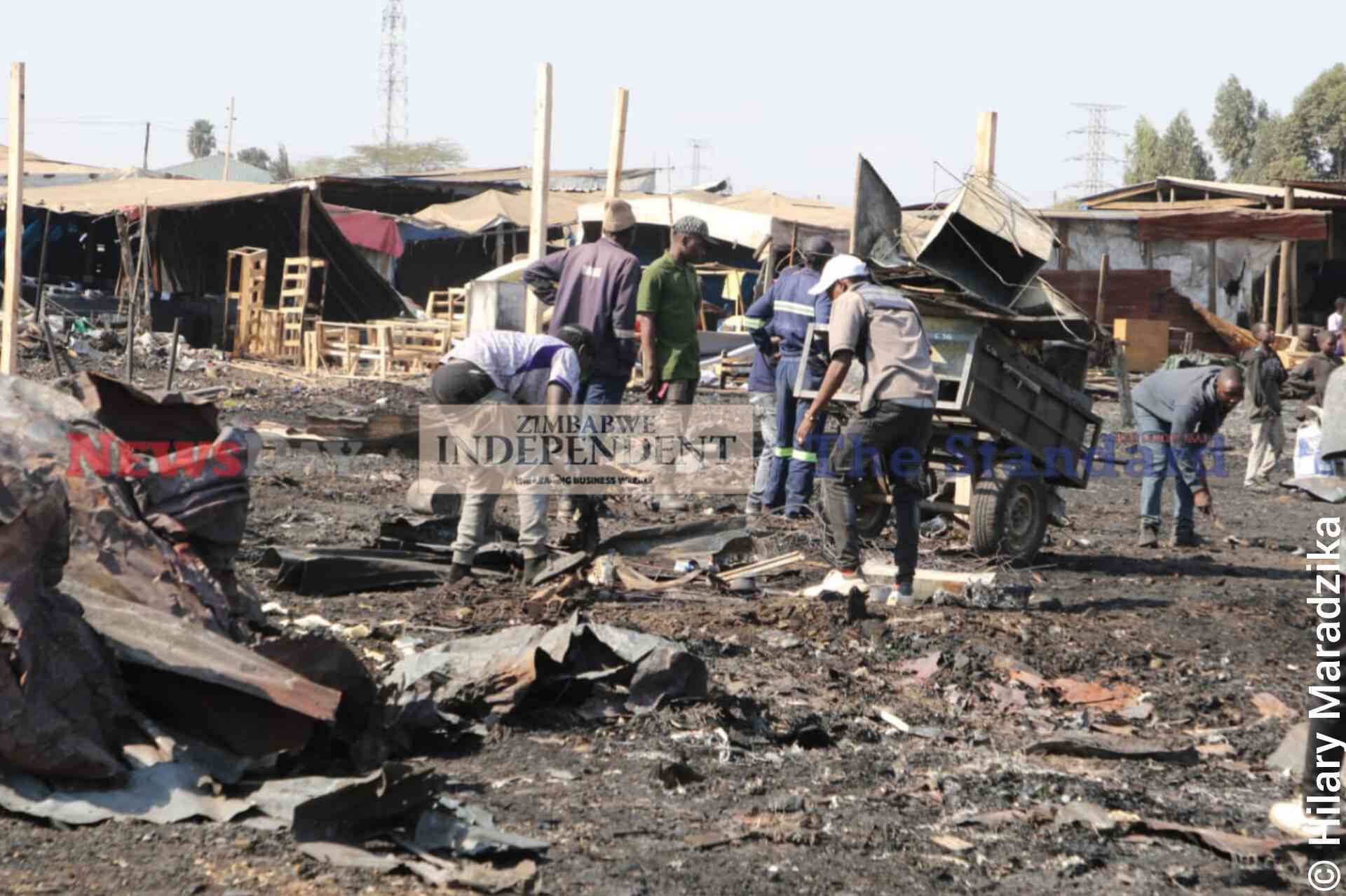THE United Nations Central Emergency Response Fund (CERF) yesterday committed an additional $1,6 million to assist over 32 600 flood-affected people with life-saving shelter, water, sanitation and hygiene and protection in 20 districts.
BY OWN CORRESPONDENT

The donation was in addition to the $8,2 million allocated last year in response to the severe drought that affected over four million rural Zimbabweans.
UN resident co-ordinator Bishow Parajuli announced the donation during a ceremony held in Harare yesterday, which was attended by Local Government minister Saviour Kasukuwere.
“The CERF is a critical resource that guarantees life-saving interventions in support of affected communities and I believe it will help meet the basic needs of the most vulnerable, particularly those who are still living in temporary camps in the southern parts of Zimbabwe,” he said.
“The CERF, which will be implemented by Unicef [United Nations Children’s Fund], IOM [International Organisation for Migration] and UNFPA [United Nations Population Fund] together with government ministries, local authorities and non-governmental organisations (NGOs), will provide life-saving interventions to over 23 800 people with water, sanitation and hygiene.
Keep Reading
- Chamisa under fire over US$120K donation
- Mavhunga puts DeMbare into Chibuku quarterfinals
- Pension funds bet on Cabora Bassa oilfields
- Councils defy govt fire tender directive
“Over 12 500 pupils will receive emergency education materials, while over 2 600 households will be provided with emergency shelter. Over 1 000 vulnerable families will receive non-food items and 2 500 women will be provided with dignity and reproductive health kits.”
Speaking at the same function, Kasukuwere said: “The Government of Zimbabwe appreciates the UN’s support provided since the onset of the disaster and the financial commitment of $1,6 million allocated from its emergency window funding is a true testimony of the UN’s commitment to the people of Zimbabwe.”
Following the declaration of national flood disaster at the beginning of March this year, government launched a $189m appeal to address the immediate, medium and long-term impact of the flood disaster.
Government’s Special Cabinet Committee has committed $35m from Treasury for the emergency, with the bulk of the money allocated towards infrastructure development as many parts of the country remain cut off due to damaged roads and collapsed bridges.
Several countries and international donor agencies have also mobilised various amounts of money to help the flood victims, particularly in the provision of water, sanitation, and hygiene services.
The UN in Zimbabwe recently deployed a team of experts from the UN inter-agency Capacity for Disaster Reduction Initiative to assess the capacity needs for strengthening disaster risk reduction efforts in the country.





